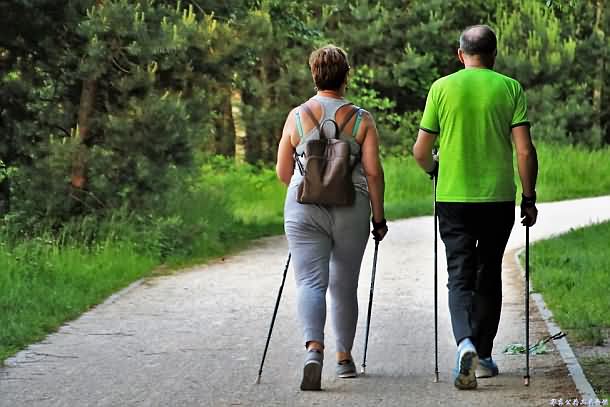
Researchers report that physical activity promoted the growth of brain cells that improved thinking in mice with a form of Alzheimer's disease. Photo by pasja1000/Pixabay
《合众国际社 UPI》"While we do not yet have the means for safely achieving the same effects in patients, we determined the precise protein and gene targets for developing ways to do so in the future," study lead author Se Hoon Choi said in an MGH news release. Choi is in the hospital's genetics and aging research unit.
In mice, Choi's team said exercise triggered the production of new neurons (neurogenesis) in the brain regions where memories are encoded.
RELATED Study: Ten-year dementia risk estimates may help with early prevention
The study's senior author, Rudolph Tanzi, is director of the genetics and aging research unit at MGH. He said that the research team "showed that exercise is one of the best ways to turn on neurogenesis. And then, by figuring out the molecular and genetic events involved, we determined how to mimic the beneficial effects of exercise through gene therapy and pharmacological agents."
Results of animal studies aren't always replicated in people, but Tanzi is optimistic.
"We will next explore whether safely promoting neurogenesis in Alzheimer's patients will help alleviate the symptoms of the disease, and whether doing so in currently healthy individuals earlier in life can help prevent symptoms later on," Tanzi said.
RELATED Stroke may double risk for dementia, study says
The study was published Sept. 6 in the journal Science.
More information
The U.S. National Institute on Aging has more about Alzheimer's disease.




